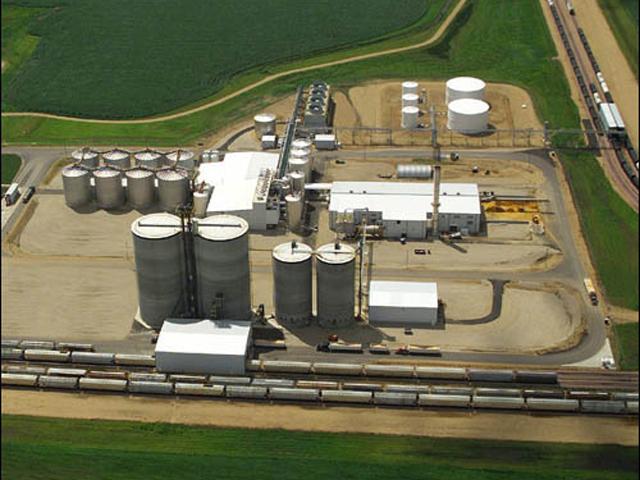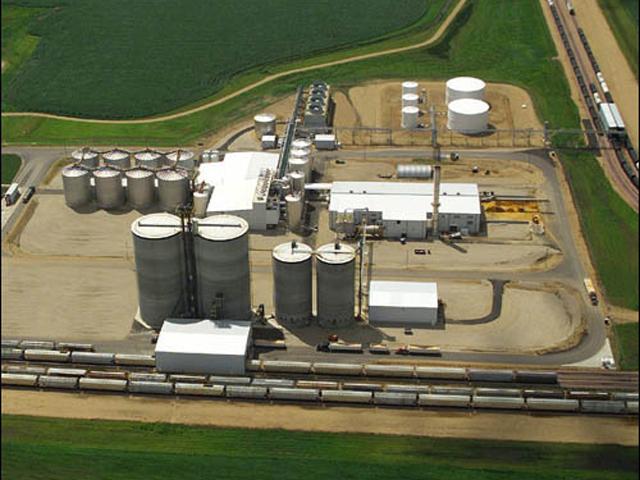Ethanol Blog
Growth Energy Combats State of Washington Perception of Ethanol's Lifecycle Emissions
LINCOLN, Neb. (DTN) -- As more states adopt low-carbon fuel standards and cap-and-trade programs, the U.S. ethanol industry continues to fight what they believe is the use of outdated lifecycle emissions data in setting many of those policies.
In the latest fight, the state of Washington is implementing what it calls a cap-and-invest program that ethanol interest group Growth Energy said in a letter is wrought with misconceptions and outdated information on ethanol's CO2 emissions profile.
In the early days of the low-carbon fuel standard in California, the ethanol industry fought tooth and nail to convince the California Air Resources Board that ethanol has improved its environmental record across the board since the early days of the industry.
In a letter to state of Washington officials on Wednesday, Growth Energy Senior Vice President of Regulatory Affairs Chris Bliley expressed a number of concerns with how ethanol is treated in that state's low-carbon policy.
Bliley asks Washington regulators to clarify their definition of "biofuels" under the state's cap-and-invest program in a way that allows the state to "maximize the use of bioethanol to reduce greenhouse gas emissions."
The state's program makes a number of assumptions about ethanol production -- many of which have been disproven during the past decade or more. That includes assumptions by state regulators about biofuels' effects on land use and food prices.
P[L1] D[0x0] M[300x250] OOP[F] ADUNIT[] T[]
Bliley said in the letter the state of Washington needs to adjust the regulation or will not be able to fully utilize ethanol's carbon-reduction potential.
"Today's bioethanol represents a nearly 50% reduction in GHG emissions compared to gasoline," the letter said.
"And as readily available technologies such as carbon sequestration and climate-smart agriculture practices are adopted, ethanol can continue to improve toward net zero. For instance, by using the latest science on indirect land use change value rather than outdated and flawed data" the impact of ILUC on ethanol's carbon intensity would be reduced by about 80% compared to the scores generated by the use of old models.
The state's assumption is that all biofuels meet the 40% standard for past and near-future years unless a verification process finds otherwise.
"However, we continue to believe this definition does not provide enough clarity and may be too restrictive and ultimately could prohibit the use of sizeable volumes of lower-carbon bioethanol," the letter said.
On biofuels' effects on food production, Bliley said "our industry produces both food and fuel, and that the production of bioethanol results in a wide variety of co-products, perhaps the most significant of which is high-quality animal feed that contributes directly to the production of chicken, beef, pork and other nutritious food."
The letter said the state's concerns about effects on food were "unfounded."
Bliley said, "Specifically, one bushel of corn produces 2.8 gallons of bioethanol as well as 17 to 18 pounds of distillers dried grains, a highly nutritious animal feed. Our industry produces nearly 40 million tons of animal feed per year. That feed is supplied to food producers here in the U.S. and around the world. Additionally, the renewable CO2 from bioethanol production is also critical for meat processing, beverage carbonation, and water treatment."
When it comes to land-use concerns, Bliley said farming practices like crop intensification and cover crops have "significantly improved the yield of all crops, further negating the impact of biofuel production on food crops. As the United States Department of Agriculture and numerous others have noted, yields have (and continue to) climbed more than 700% while acreage has remained unchanged for the last century."
Todd Neeley can be reached at todd.neeley@dtn.com
Follow him on X, formerly known as Twitter, @DTNeeley
(c) Copyright 2023 DTN, LLC. All rights reserved.






Comments
To comment, please Log In or Join our Community .